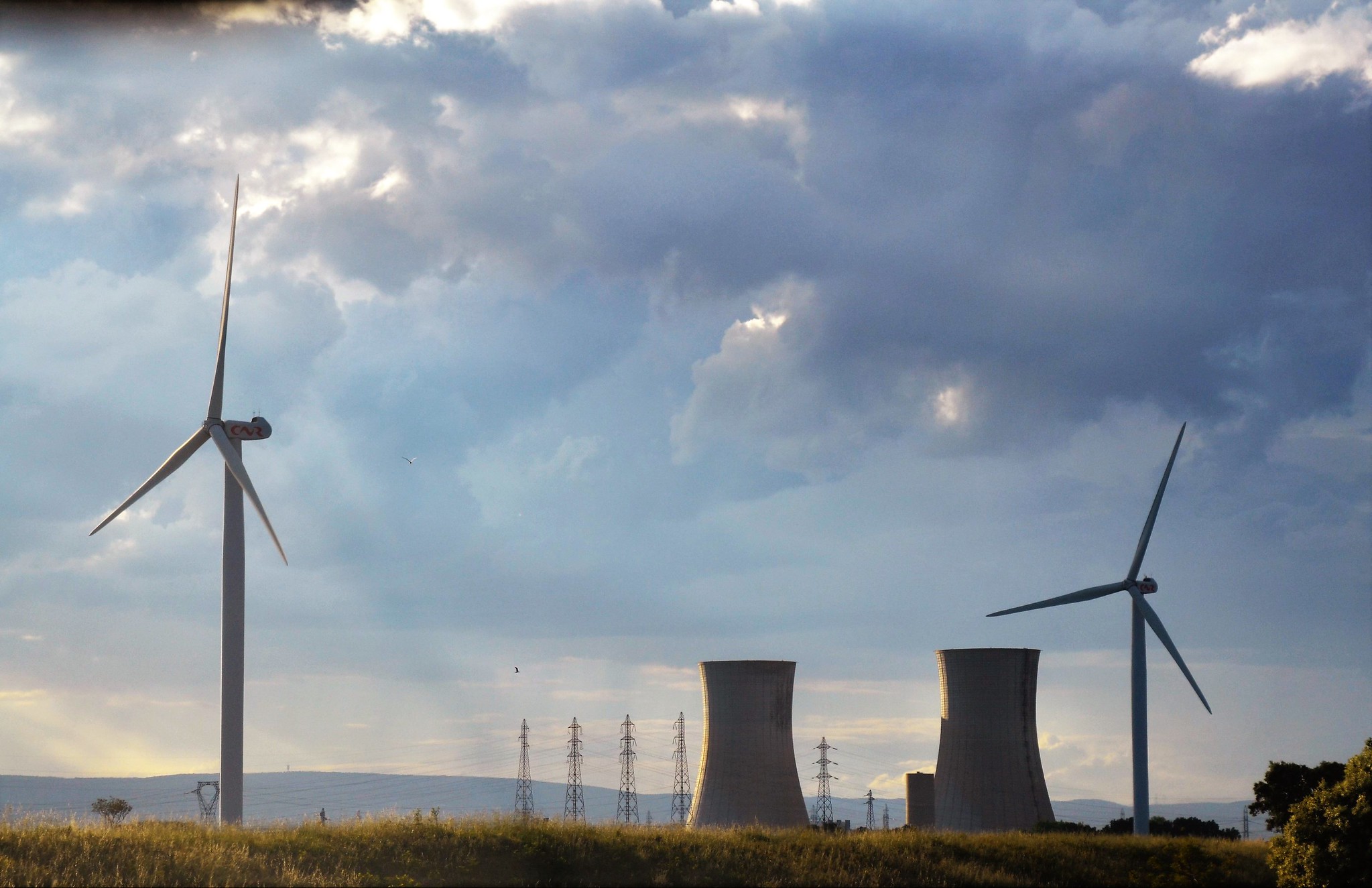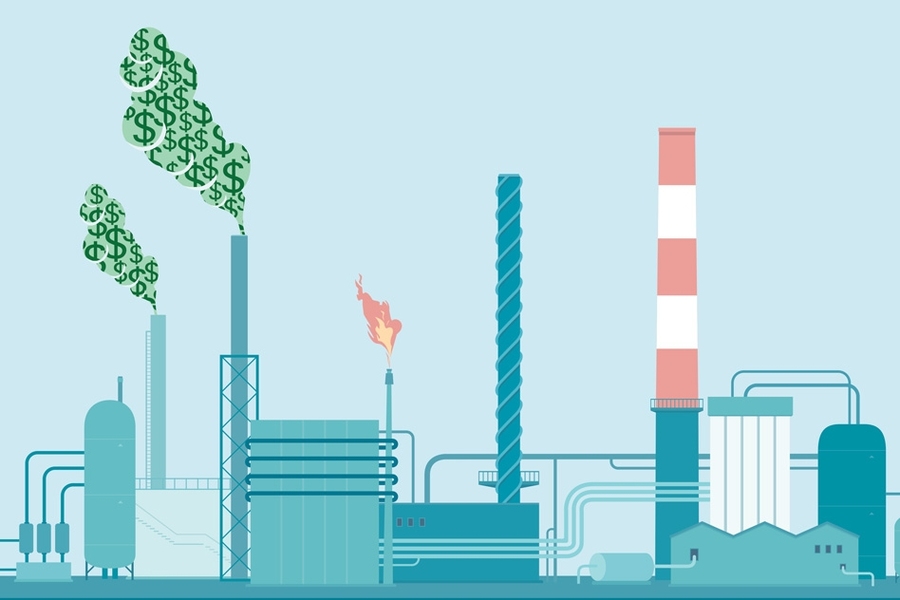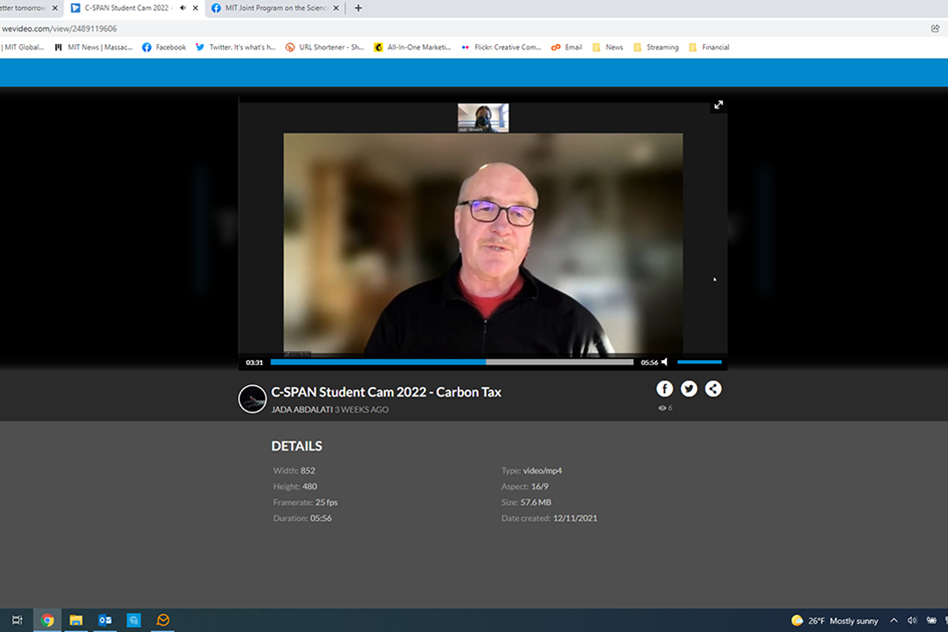
Uncertainty quantification of socio-economic outcomes can be combined with scenario discovery techniques to explore a full range of outcomes and provide insight into associated likelihoods while also identifying individual scenarios of interest.

Uncertainty quantification of socio-economic outcomes can be combined with scenario discovery techniques to explore a full range of outcomes and provide insight into associated likelihoods while also identifying individual scenarios of interest.
New study reveals multiple pathways for a successful energy transition by 2050
Key takeaways from the XLIV (44th) MIT Global Change Forum
Long touted as a renewable fuel emitting 20 percent fewer greenhouse gases than gasoline, ethanol’s emissions may be 24 percent higher. If verified, one expert said the finding shows ethanol failed spectacularly. (Inside Climate News)
MIT Joint Program Co-Director Emeritus John Reilly suggests some avenues for improvement (Associated Press, Washington Post)

A new UN video on climate change explains how carbon pricing can help advance a transition to a low-carbon future.
Study shows how a carbon tax can both accelerate reductions in greenhouse gas emissions and not hurt low-income households (United Nations)

In this video, high school student Jada Abdalati explores how a carbon tax could help accelerate a transition to a low-carbon future that better positions the world to meet long-term climate change goals.
MIT Joint Program researchers to present recent findings on global and regional change
New study applies emerging analytic method to scope out potential tipping points

Multi-sector dynamics modeling enables researchers to evaluate future trends and tipping points in continental U.S.
